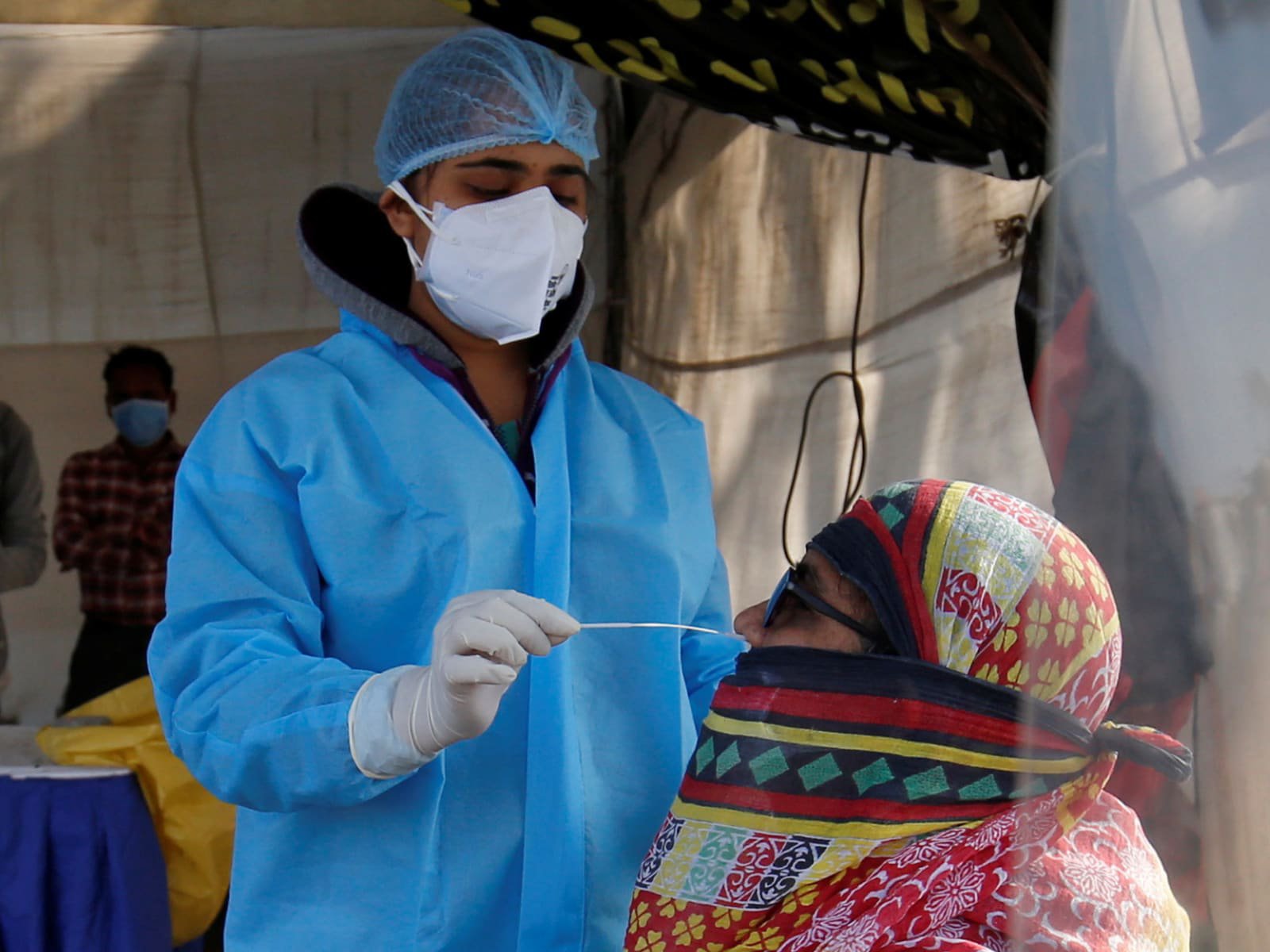Amid concerns over Omicron wave, scientists from Wuhan in China flagged concerns about another variant of the coronavirus disease, NeoCov. Reportedly, it has a much higher rate of transmission compared to the previous strains.
According the researchers at the Wuhan University and the Institute of Biophysics of the Chinese Academy of Sciences, the variant is potentially the deadliest that can possibly attack the human population.

However, NeoCov virus is not entirely new as it is linked to the MERS-CoV virus which affected middle-eastern countries in 2012 and 2015. As of now, the virus is found only in bats in South Africa.
The research paper, published on the bioRxiv website and yet to be peer reviewed, stated that it is related to the Middle East respiratory syndrome or MERS-coronavirus. And has the potential to infiltrate the species barrier.
“Middle East Respiratory Syndrome coronavirus (MERS-CoV) and several bat coronaviruses employ Dipeptidyl peptidase-4 (DPP4) as their functional receptors. However, the receptor for NeoCoV, the closest MERS-CoV relative yet discovered in bats, remains enigmatic,” a part of the study mentioned.

The WHO told Russian news agency Tass, “Whether the virus detected in the study will pose a risk for humans will require further study”.
The health body is aware of the new finding and is in touch with the World Organization for Animal Health, the Food and Agriculture Organization to respond to this.
Animals, particularly wild animals are the source of more than 75% of all emerging infectious diseases in humans, many of which are caused by novel viruses. Coronaviruses are often found in animals, including in bats which have been identified as a natural reservoir of many of these viruses.
-WHO to TASS

Meanwhile, the daily count of Covid-19 cases in the country has been declining for a week now. The daily positivity rate is now at 15.88 per cent with active cases reduced to 21.05 lakh.

















